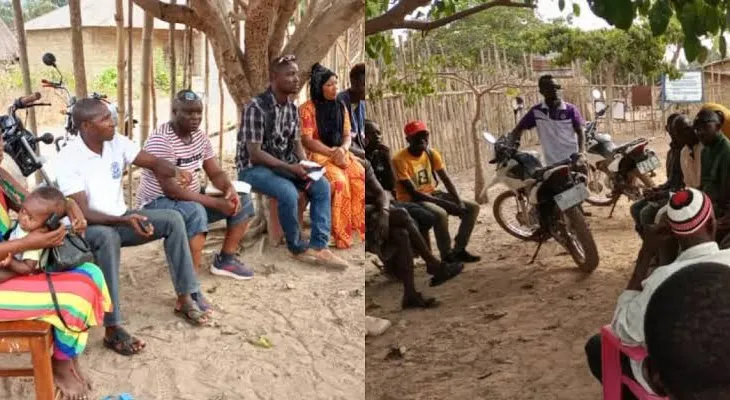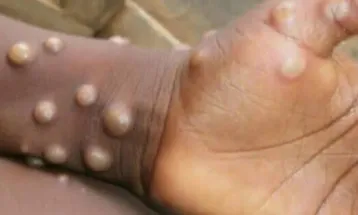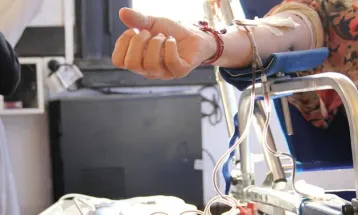
Community Concerns Arise Over Management of Fodaya Health Facility
On March 24th, 2024, tensions flared in the Fodaya community and its surrounding areas, located approximately 50km from the Guinea border, as residents voiced grievances regarding the management of the Fodaya Maternal and Child Health Post (MCHP). Mrs. Memunatu A. Kamara, the facility's in-charge, found herself embroiled in controversy, with allegations ranging from favoritism towards Guinean nationals seeking medical attention to mismanagement of a borehole water facility funded by the Foreign and Commonwealth Development Office.
At the forefront of the community's efforts to address these concerns was Mr. Thaimu L. Kamara, the chairman of the Village Development Committee (VDC). He conveyed the community's dissatisfaction with Mrs. Kamara's conduct, citing her alleged disregard for community input despite personal engagements.
However, confusion arose when the chiefdom speaker for Dixon Chiefdom claimed to be unaware of the community's actions until later in the process. While acknowledging being informed belatedly, he underscored his role as a liaison with the District Health Management Team, representing the paramount chief's interests.
In response to the community's grievances, Mr. Sheku Samba, the District Human Resources Officer, acknowledged their concerns and clarified Sierra Leone's obligations under a memorandum of understanding with Guinea. He stressed the principle of equal access to healthcare for both Sierra Leonean and Guinean nationals and urged heightened community engagement in national health initiatives, such as malaria campaigns and immunizations.
Echoing these sentiments, representatives from civil society organizations in Kambia, including Mr. Mohamed Salieu Jalloh, emphasized the importance of community involvement in addressing the issue. They viewed the matter as amenable to resolution at the community level, urging stakeholders to collaborate with Mrs. Kamara while respecting her role.
Similarly, Mr. Hassan Bangura, Chairman for the Community Health Officers (CHOs) in Kambia, highlighted the significance of community participation in health programs and advocated for collaboration between local leaders, residents, and health authorities. He pledged support in facilitating dialogue with the paramount chief and reporting concerns to the District Medical Officer.
The prevailing sentiment among stakeholders underscored the necessity for constructive dialogue and collaboration to address grievances and enhance community participation in healthcare initiatives.
As tensions lingered in Fodaya, attention turned towards finding a resolution that balances community concerns with equitable healthcare access for all residents. The outcome remains uncertain, contingent upon further dialogue and action from relevant authorities.
In the interim, Mrs. Kamara's tenure at the Fodaya MCHP hangs in limbo, awaiting clarification on the allegations against her and the community's expectations moving forward.
The unfolding situation sheds light on the intricate challenges of managing healthcare facilities in remote communities and underscores the pivotal roles of effective communication, community engagement, and accountability in addressing issues and fostering trust between healthcare providers and the communities they serve.

















